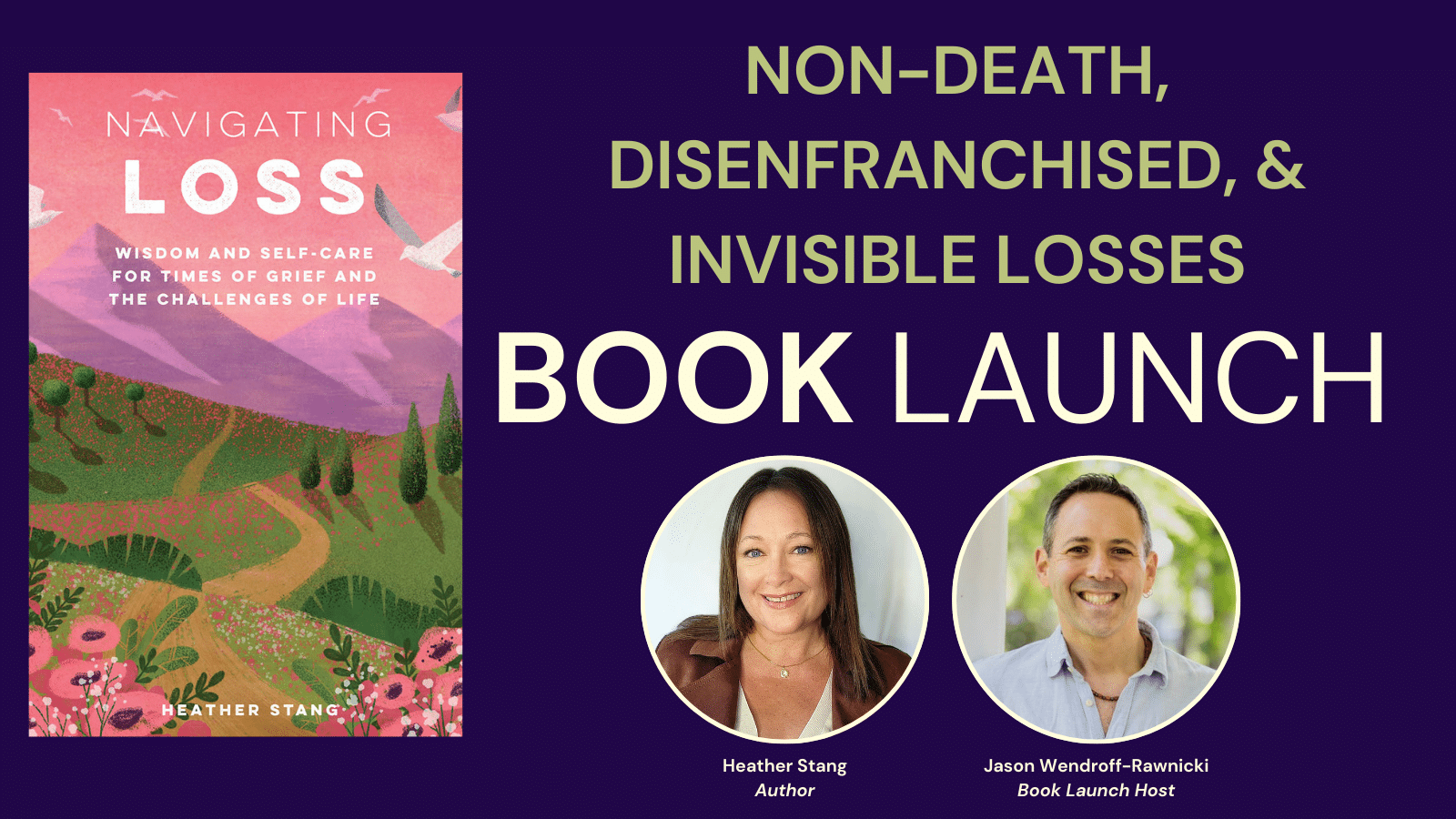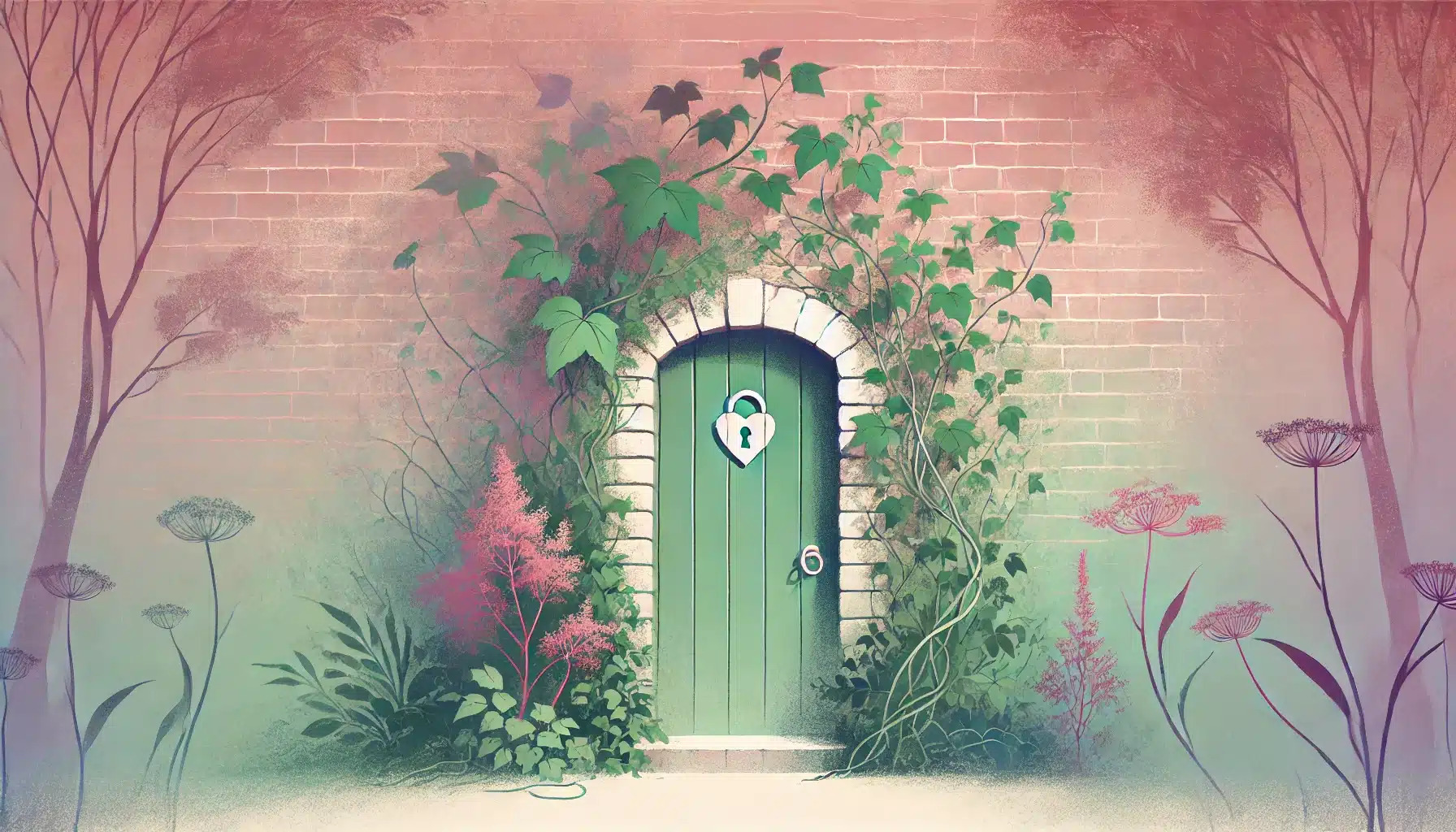If you’re navigating the pain of divorce, it’s likely you’ve encountered references to the so-called “five stages of grief.” While the idea of a structured grief process can be comforting, the truth is more complex. Divorce doesn’t unfold in a neat, predictable order. And neither does grief.Instead of guiding people through the process of grief,
Divorce may be common in modern times, but that doesn’t lessen the impact. The grief that comes with divorce is often minimized—by others and sometimes even by ourselves.Because it’s so common, people might assume you’re “fine” once the paperwork is done. Or they may have no idea how to support you. But this kind of
Heather Stang’s latest book, Navigating Loss, goes beyond traditional grief literature. It addresses the often overlooked “non-death” losses, such as divorce, caregiving, and career transitions, that can leave us feeling unmoored. Through mindfulness, journaling, and creative exercises, Heather provides tools to help readers process grief, find meaning, and rebuild their lives. Key Themes of the Book:Non-Death
Our ability to feel loss deeply, be it the death of a loved one or a significant non-death loss like the end of a relationship or a big life change, shows we’re engaged in the full spectrum of human experiences. It proves we’re alive and fully invested in our relationships and passions. So feeling the
I have been divorced now for over two years. And as I approach what would have been my 12th anniversary on October 31, 2024, I finally feel ready to talk about divorce loss in a public way. As an expert in the field of death-related grief, I know academically there are similarities and differences between
Grief is often associated with the death of a loved one, but the truth is, we experience grief in many other forms throughout our lives. Non-death losses—like the end of a relationship, losing a job, or even unmet expectations—can trigger deep emotional responses that are just as valid and impactful as those caused by death. Yet,






